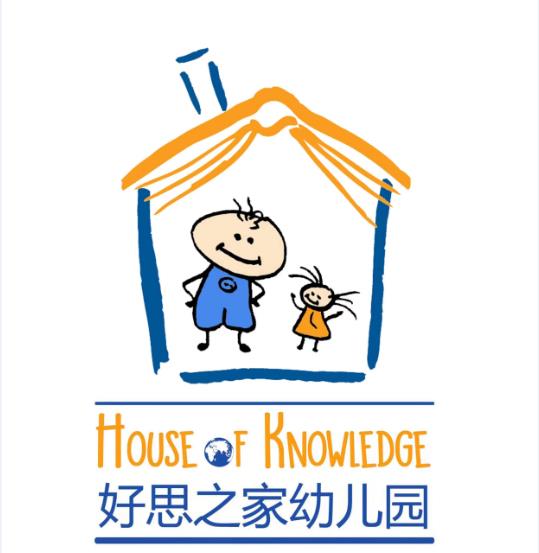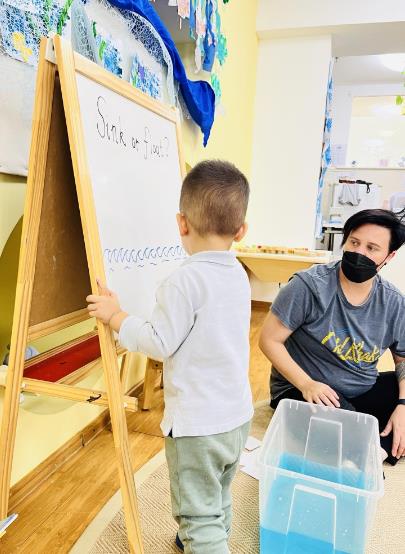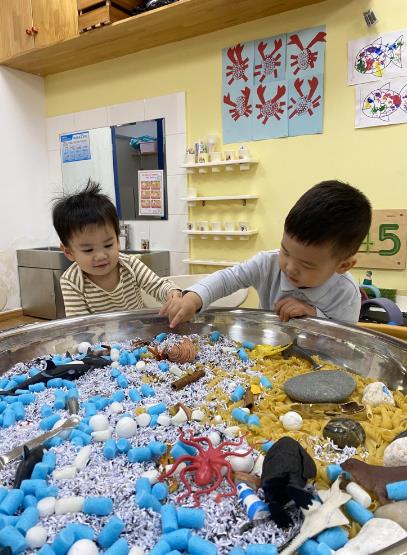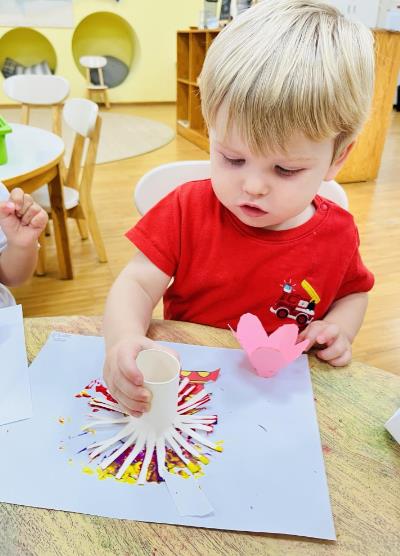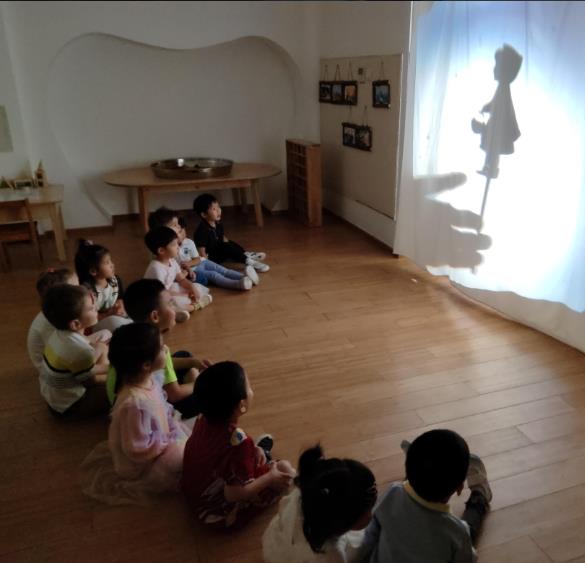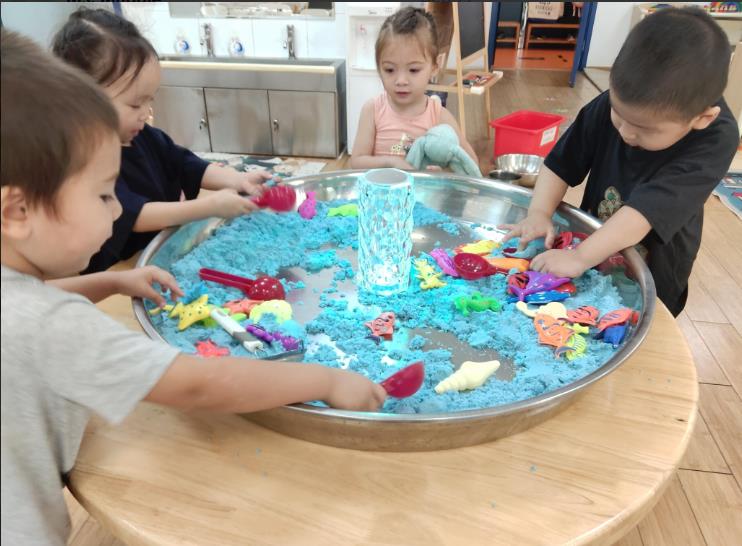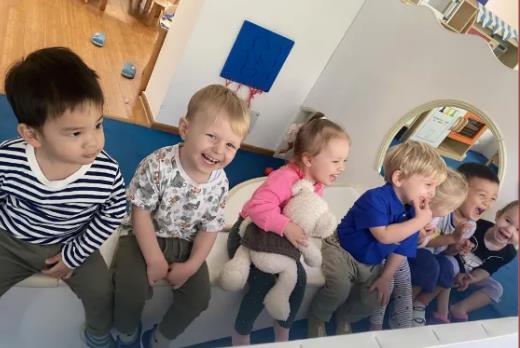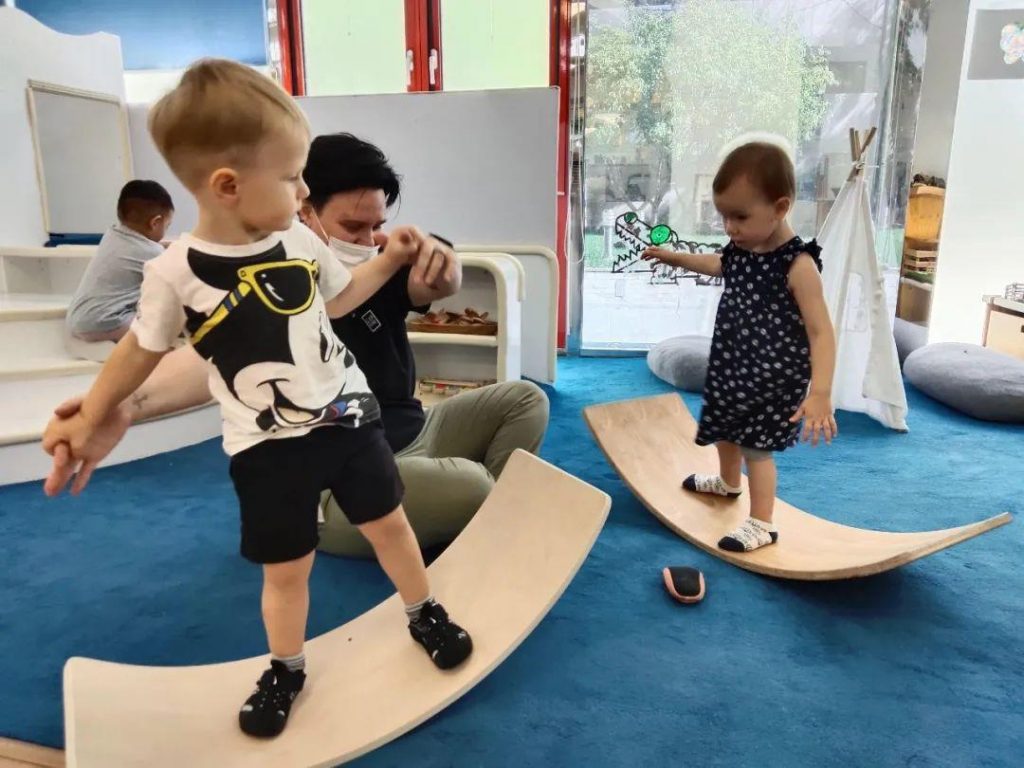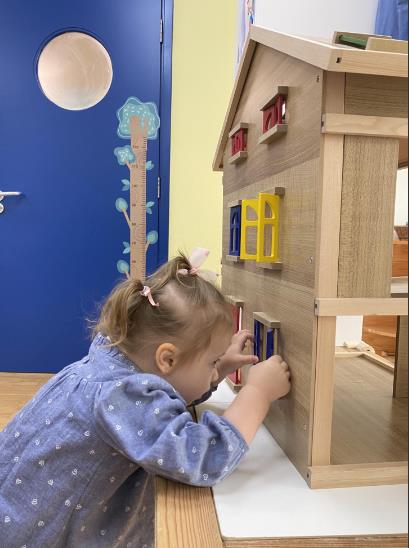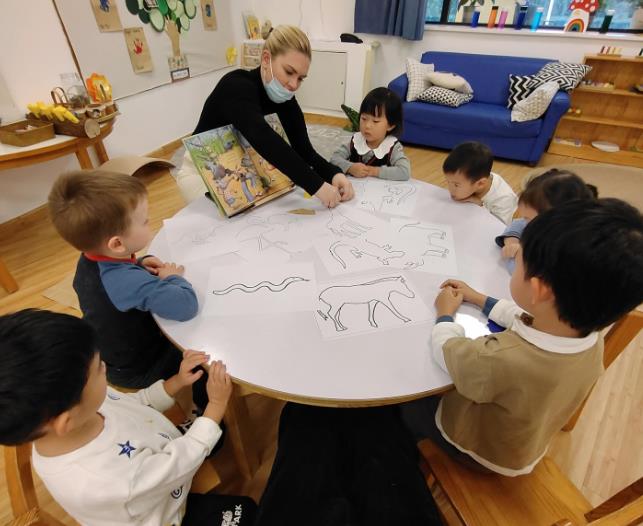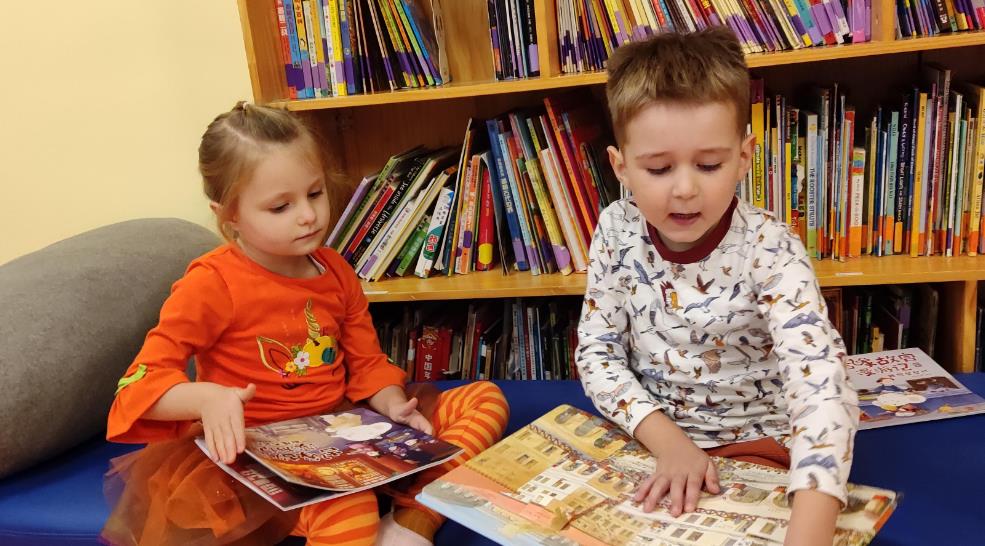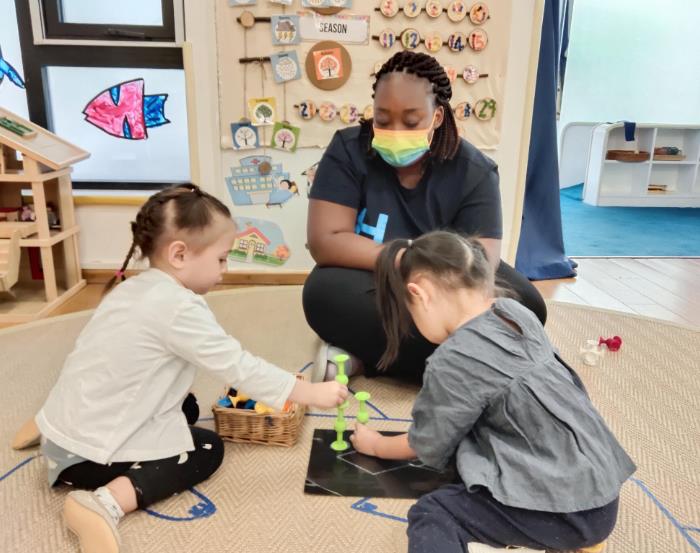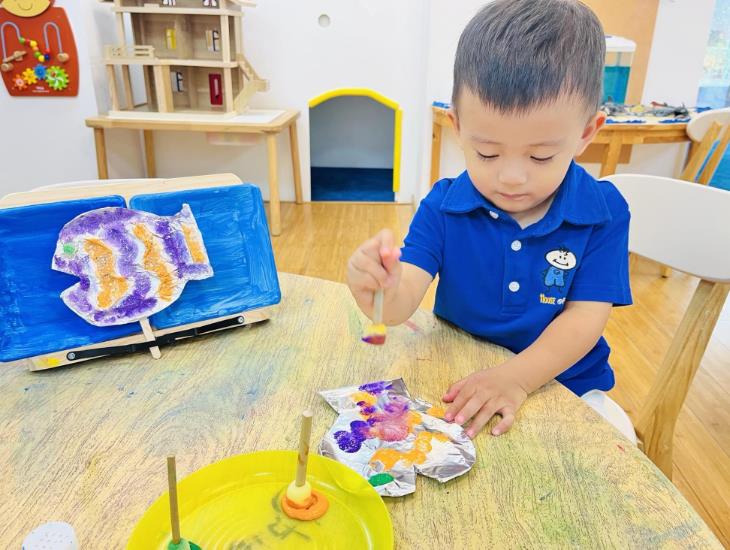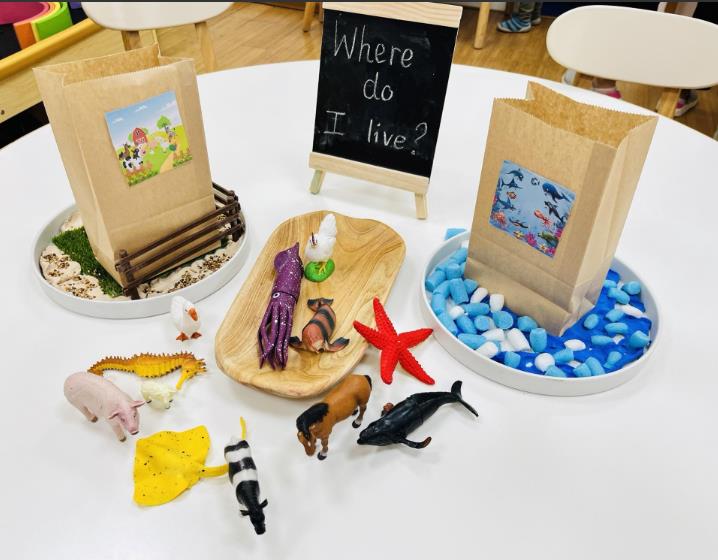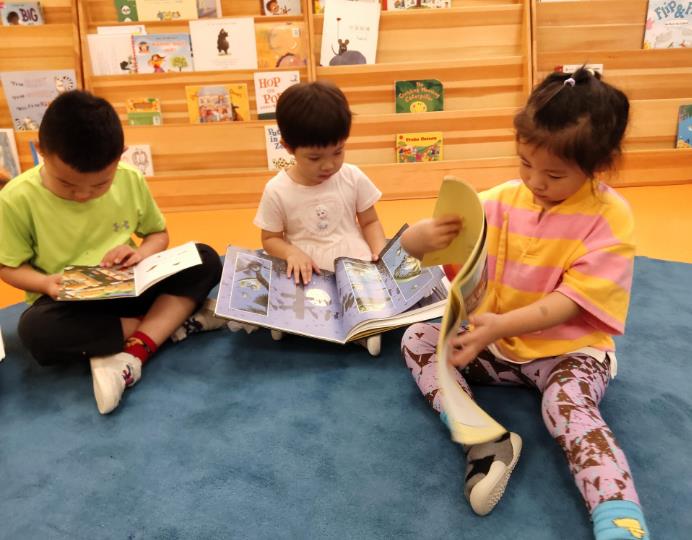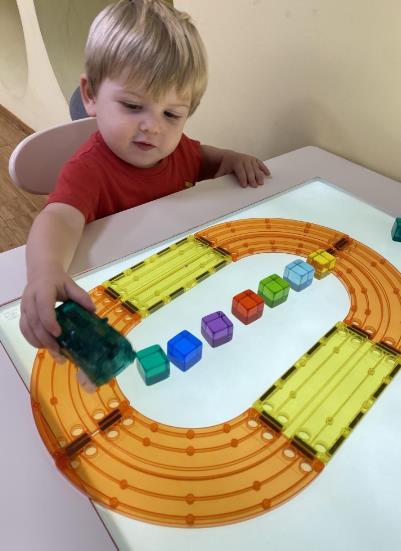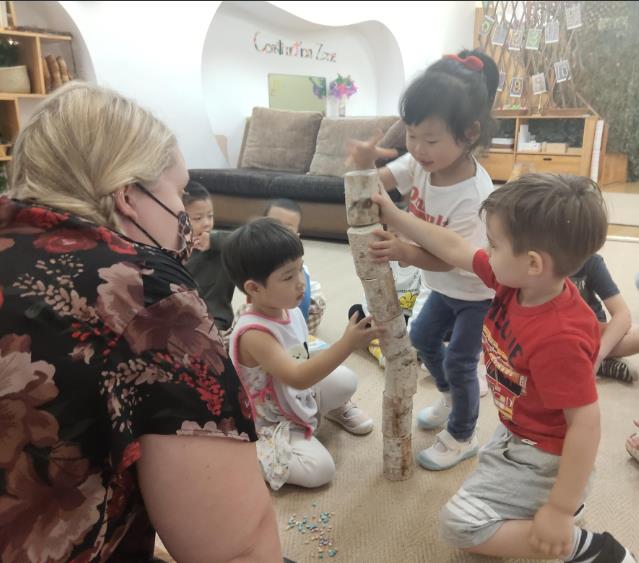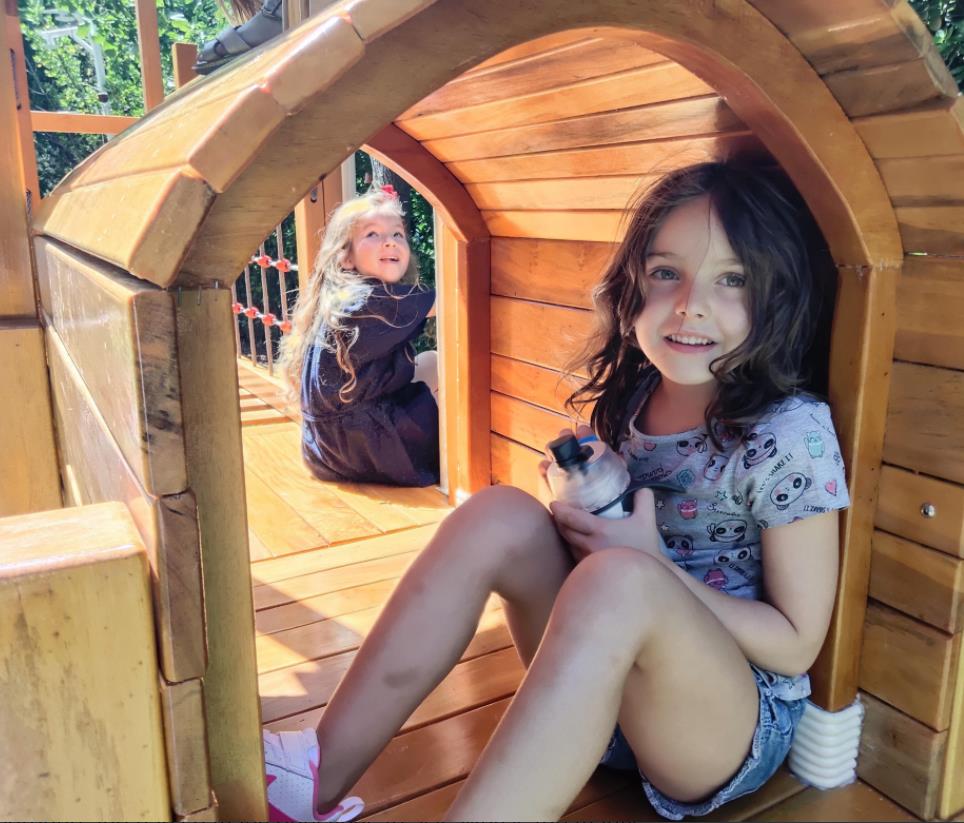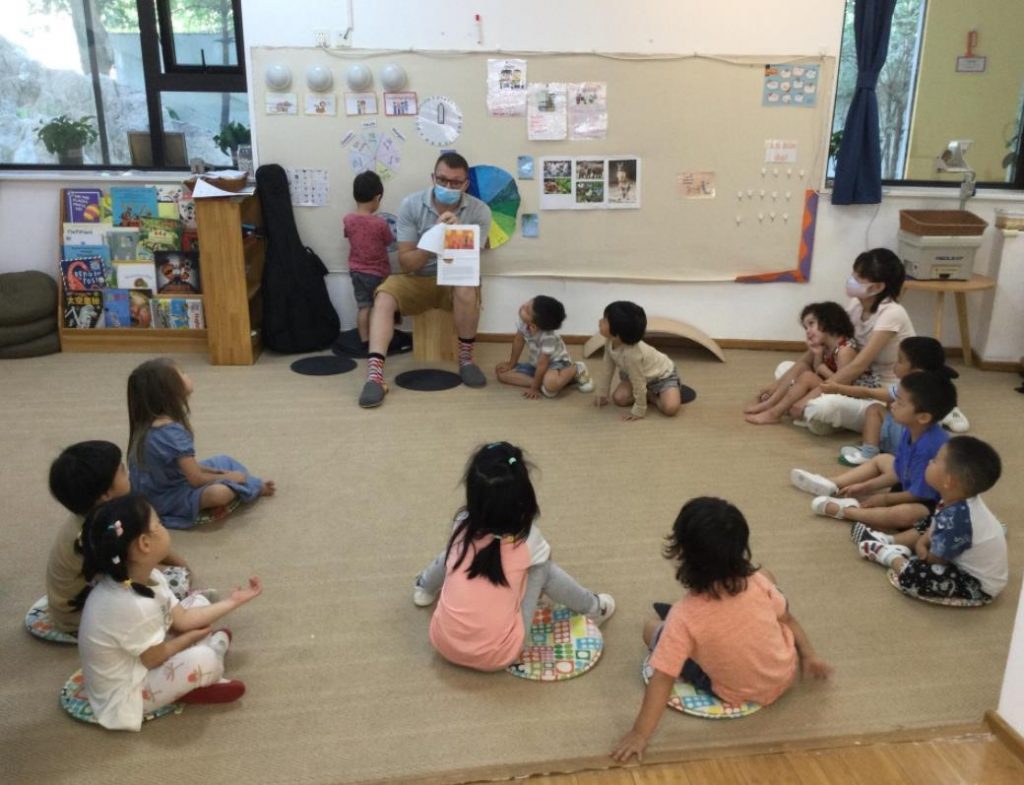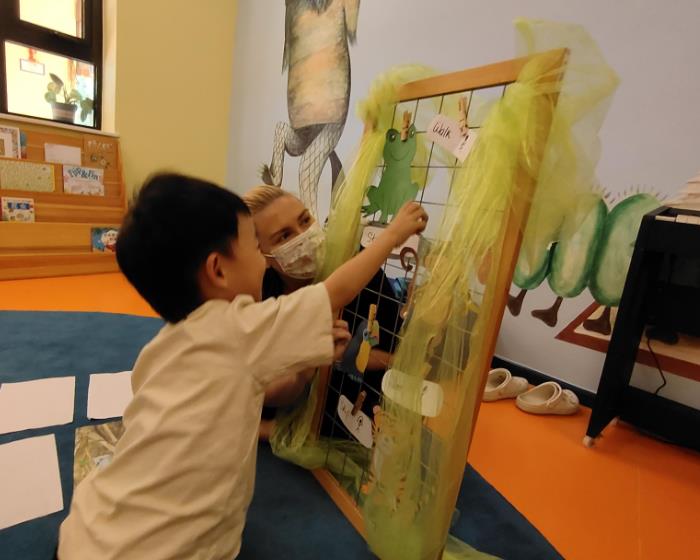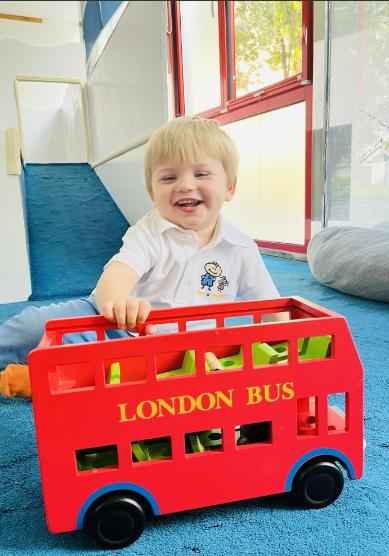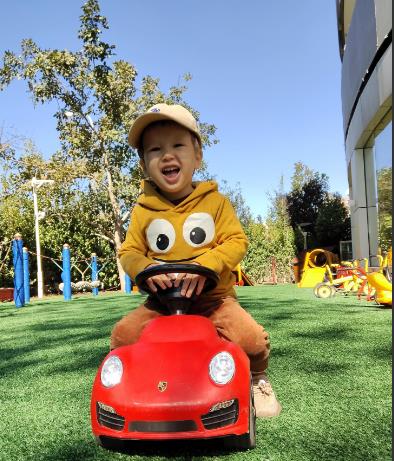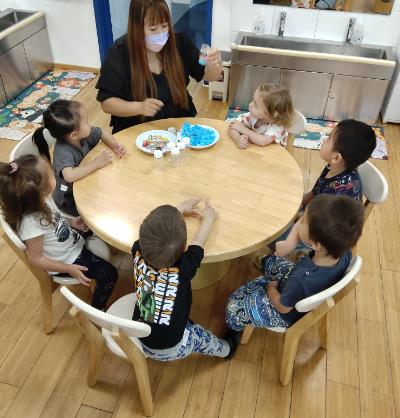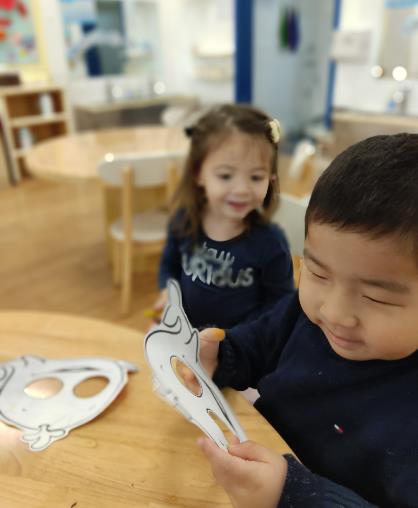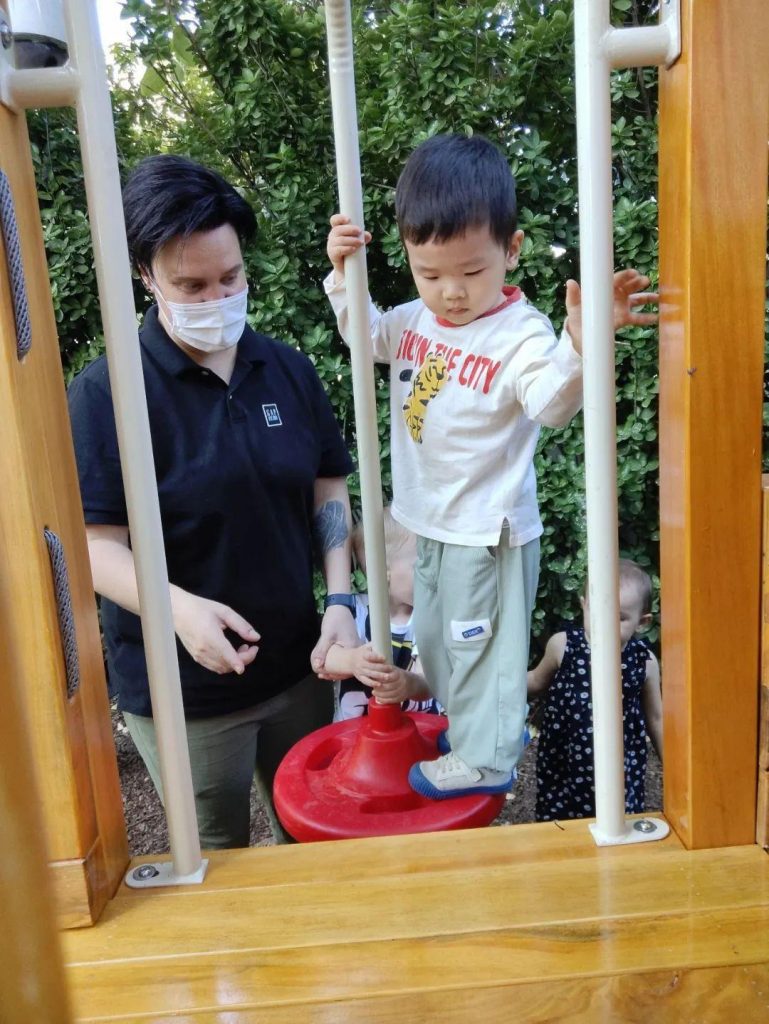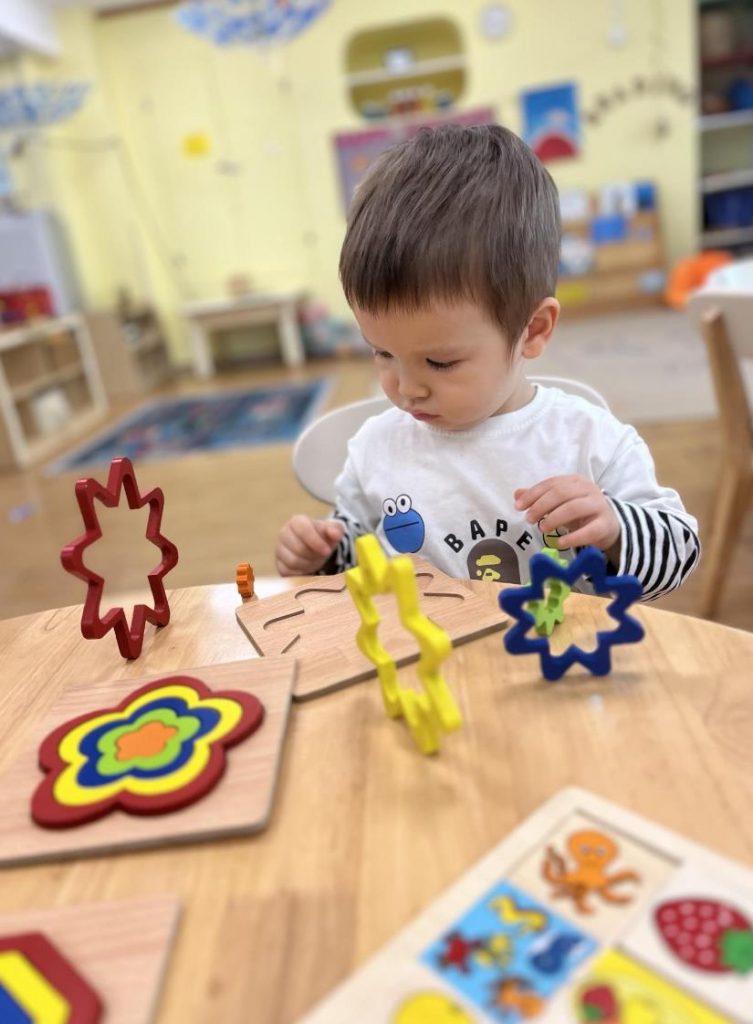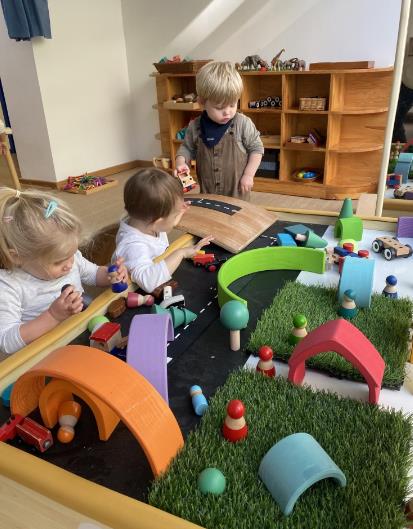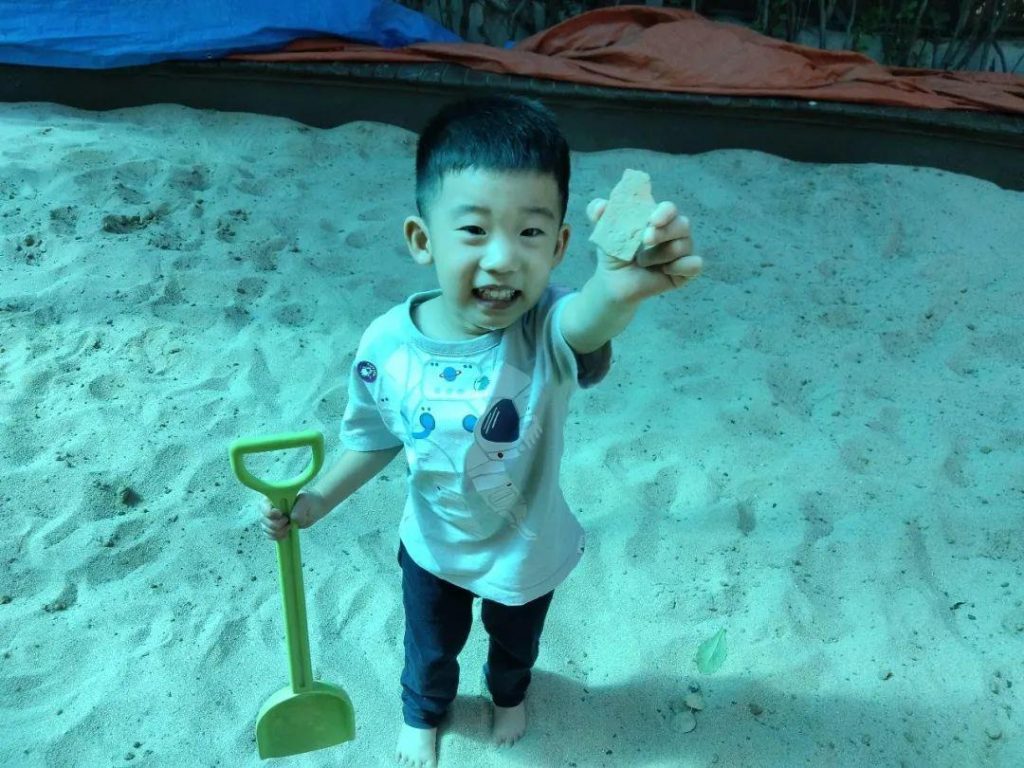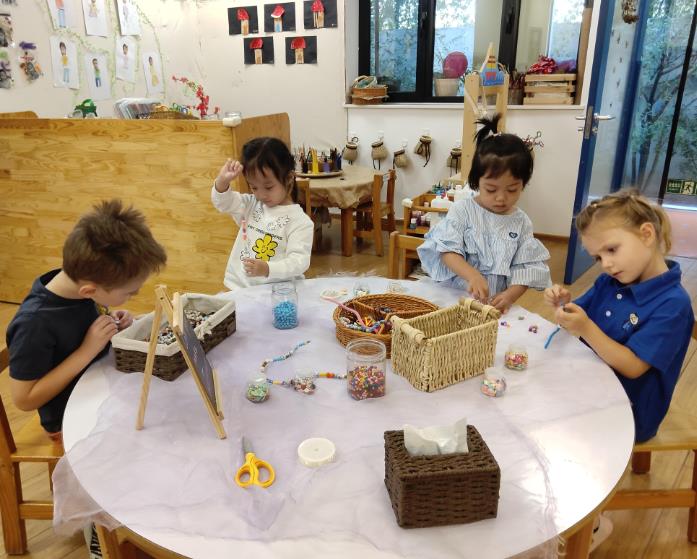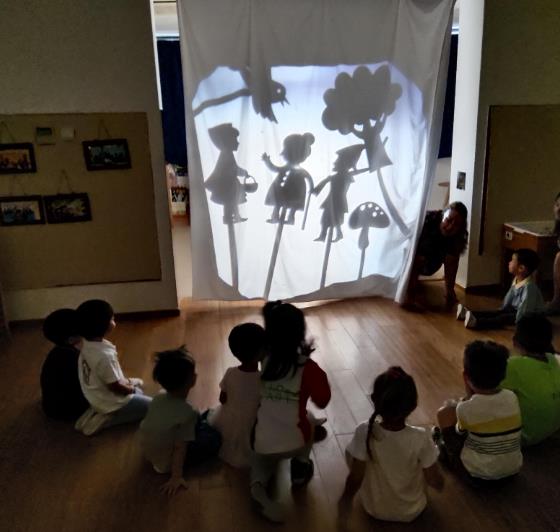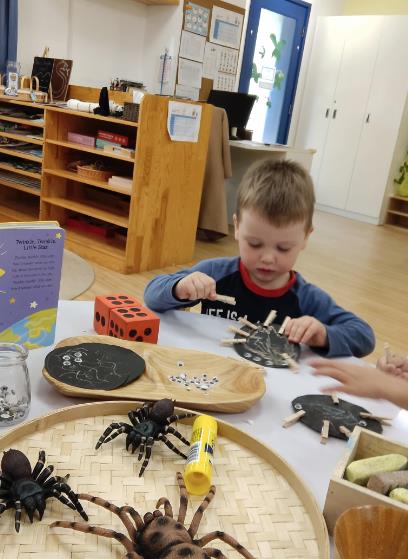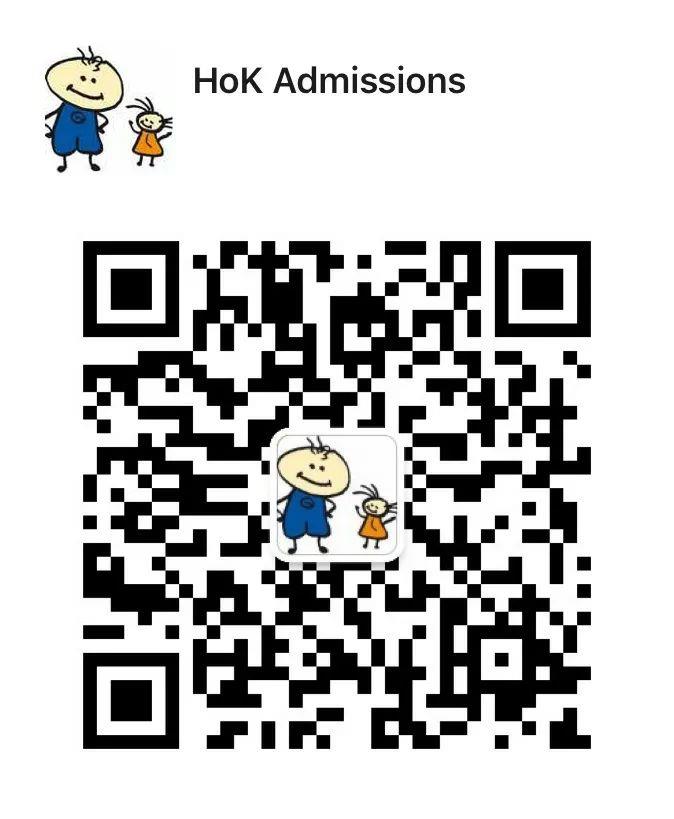As parents, we always want to give our children the most love.
How to love our children? The answers may vary a lot, but when it comes to this, we believe all parents would agree: to enable our children to receive good education which will benefit them for their entire life is the highest form of love.
Over the past 15 years, House of Knowledge has offered premium international Early Years education to more than one thousand children aged 18 months to 6 years both locally and from around the world. 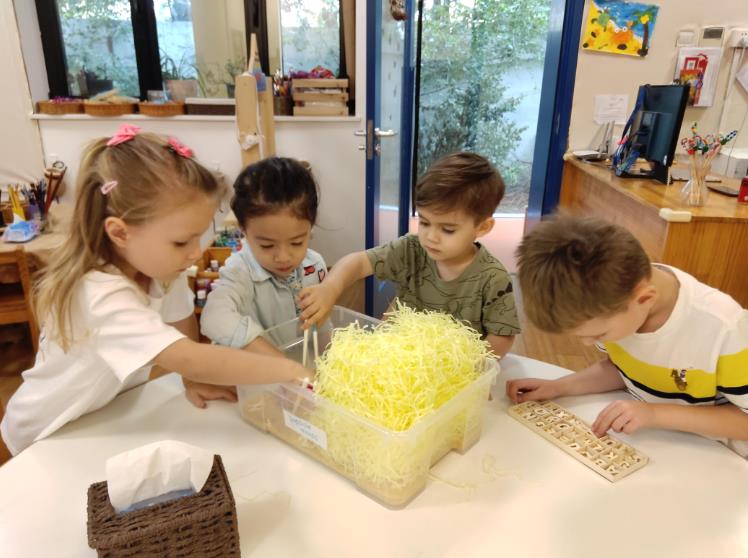

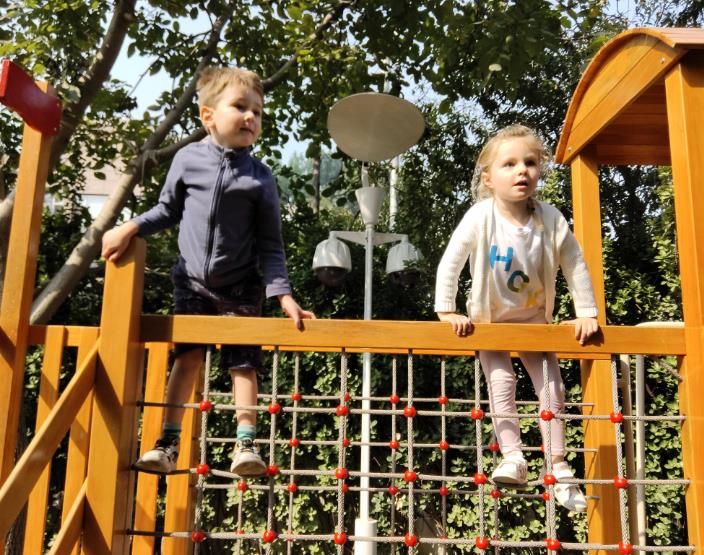
Exploring the world around them provides children with opportunities and skills to broaden their knowledge and understanding of people and things.
These range from appreciating cultural differences and connecting with nature to acquiring important skills such as observing, asking questions, investigating and communicating.
Their innate curiosity about the whys, whats and hows paves the way for holistic development including language acquisition, enhanced cognitive ability and creativity.
Today, House of Knowledge is honored to have an interview with our Principal, Mrs. Tina Ritter, to talk about how we can support children’s discovery of the world.
Follow us to explore what we could do together!
Tina Ritter, Principal of House of Knowledge International Kindergarten. Tina holds a Master degree of Education and has more than 17 years of working experience as an educator both in Germany and China. Whether as a teacher, researcher, and Principal, Early Years Education is where Tina’s passion lies.
Q1: Why is it important for children to develop a curious and open mindset?
Children are naturally curious and have an open mindset.
By fostering their natural instincts and interests, we can help them keep this curious and open mindset, which is in my opinion of the greatest importance.
When children explore the environment, they learn different things through exploring the world around them, with all their senses.
At House of Knowledge, we set up an inquiry and project based learning approach that touches all developmental areas in early childhood. It helps children understand the world around them with a holistic outcome.
Our children at House of Knowledge all come from different countries with different cultural backgrounds.
In our educational philosophy, cultural appreciation is what our children need to learn from each other, which we believe will also bring a lot of broadened horizons, knowledge, and diversity to our students.
One of the riches of a Reggio Emilia inspired education approach at House of Knowledge is the care and universal respect shown to people from different backgrounds and countries, and House of Knowledge takes pride in celebrating different eastern and western holidays to enable our children to learn more about the self and each other’s cultures as they grow up.
That’s why it is important to foster a curious mind and to never let them stop asking questions and looking for answers.
Q2: How does process skills enable children to gather and interpret information while encouraging a child’s inquisitive mind?
Some process skills that enable children to gather and interpret information are very important and in my mind, observation and communication are some of the key process skills among them.
By observing the world around them children get the chance to understand phenomena, science and simply everyday life.
Resulting from this, they will and shall ask questions that help them voice their thoughts and grasp concepts through communication.
Communication is key in our Reggio – Emilia inspired Kindergarten and there is always a lot of chatter and talk and many questions when you peek into one of our classrooms.
We also take the time to observe children and ask a lot of questions.
Q3: How should parents support their children’s curiosity when they show an interest in something?
First off, and that seems like a simple one: let them actually explore their interests.
It is very often that I see children being stopped in their tracks by their caregivers because of different reasons, such as lack of time or because parents find something that children get provoked by inappropriate.
An example would be a stroll through the park with a kindergarten child. Children may want to stop frequently to inspect leaves, sticks, or bugs.
Parents however sometimes have an agenda on where to be when and they tell their children to speed up and come along. Or they might find the idea of their children picking things up from the floor not hygienic.
My suggestion is to take your time, be patient and try to see or understand what they see.
Remember the general concept is that children explore the world around them with all senses and that’s how they learn. Dirty fingers can be cleaned afterwards.
Q4: Any other general tips for parents to better support their child’s discovery of the world?
Ask your children open ended questions. At House of Knowledge we incorporate this into our every day Kindergarten life and it goes into every lesson plan.
Open ended questions are characterized by being not able to be answered with simple a yes or no.
It is absolutely fascinating to see how children answer these sort of questions and how concepts of imagination and understanding are being formed through this tool.
They also invite for more communication and imagination and are not necessarily bound to a specific age group. They can provide fun and learning for years because they are open ended.
A good way to start this at home would be a loose parts area for example and always very popular for children are rainbow blocks.
Q5: What are some pitfalls parents should avoid that stifle a child’s curiosity?
Not giving them enough time to actually explore. And not giving them the opportunity to ask questions would be the top of my list.
Summary
We appreciate our Principal, Mrs. Tina Ritter’s sharing, and look forward to sharing more useful tips with you in near future!
Scan QR Code and Visit Our Campus!
